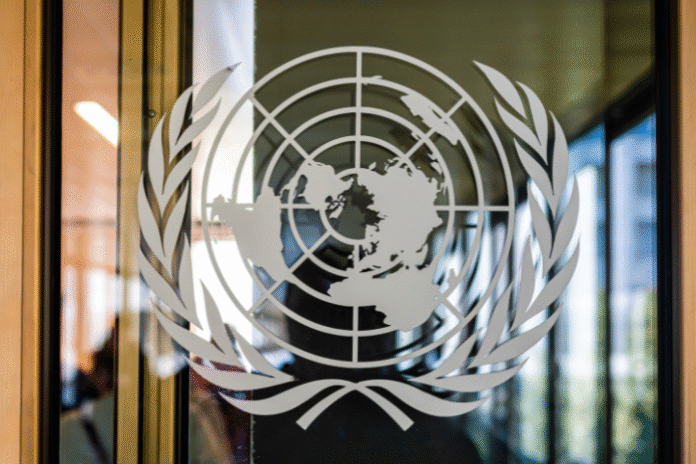DiCello Levitt applauds Tuesday’s decision by Judge Yvonne Gonzalez Rogers of the United States District Court for the Northern District of California, denying, in material part, the defendants’ motions to dismiss the multidistrict litigation In Re: Social Media Adolescent Addiction/Personal Injury Products Liability Litigation (MDL No. 3047).
Of particular significance is that, in her ruling, Judge Gonzalez Rogers highlighted that this multidistrict litigation is “the first of a wave of legal arguments” weighing Section 230 of the Communications Decency Act and the First Amendment in the context of the use of social media platforms, and found that “plaintiffs make myriad allegations that do not implicate publishing or monitoring of third-party content and thus are not barred by Section 230. The defects pled as part of such allegations are not equivalent to speaking or publishing and can be fixed by defendants without altering the publishing of third-party content.”
The case encompasses 140 legal actions brought on behalf of children and adolescents across the United States, as well as school districts and more than State Attorneys General. It is a landmark case on behalf of thousands of children and adolescents against the world’s most used social media platforms: Meta’s Facebook and Instagram, Google’s YouTube, ByteDance’s TikTok, and Snapchat.
The Court, in materially denying the defendants’ motion to dismiss, concluded that “defendants owe users the duty to design such products in a reasonably safe manner and to warn about the risks they pose.”
At the same time, as plaintiffs allege, these social media platforms, through the use of algorithms, like buttons or push notifications, as well as endless content curation, systematically lure children and adolescents into excessive consumption of their products, thus ultimately causing addiction to these apps. What’s more, the defendants “created a youth mental health crisis” through the defective design of their platforms, making it almost impossible to delete the apps or apply parental controls to limit children’s screen time.
“We applaud and appreciate Judge Gonzalez Rogers’ thoughtful decision, as it will more effectively enable us to prosecute our claims for the devastating effects that social media platforms have had—and continue to have—on our children and to fight for economic justice for the millions of people who have been harmed by these companies’ products. This is a clear victory for the families of children harmed by social media giants,” said Diandra “Fu” Debrosse, co-chair of DiCello Levitt’s Mass Tort Practice and the managing partner of the firm’s Birmingham, Alabama office. As a member of the Plaintiffs’ Steering Committee in this litigation, Fu represents dozens of plaintiffs whose children have suffered severe harm due to their use of social media platforms. “Not only did these companies systematically lure children, who were still developing impulse control and are thus uniquely susceptible to harms arising from compulsive use of social media platforms, but they also categorically failed to warn consumers about their products’ dangers,” Fu added.



